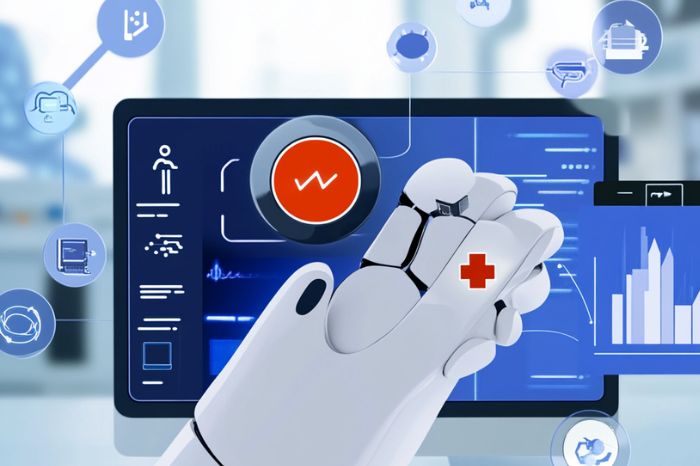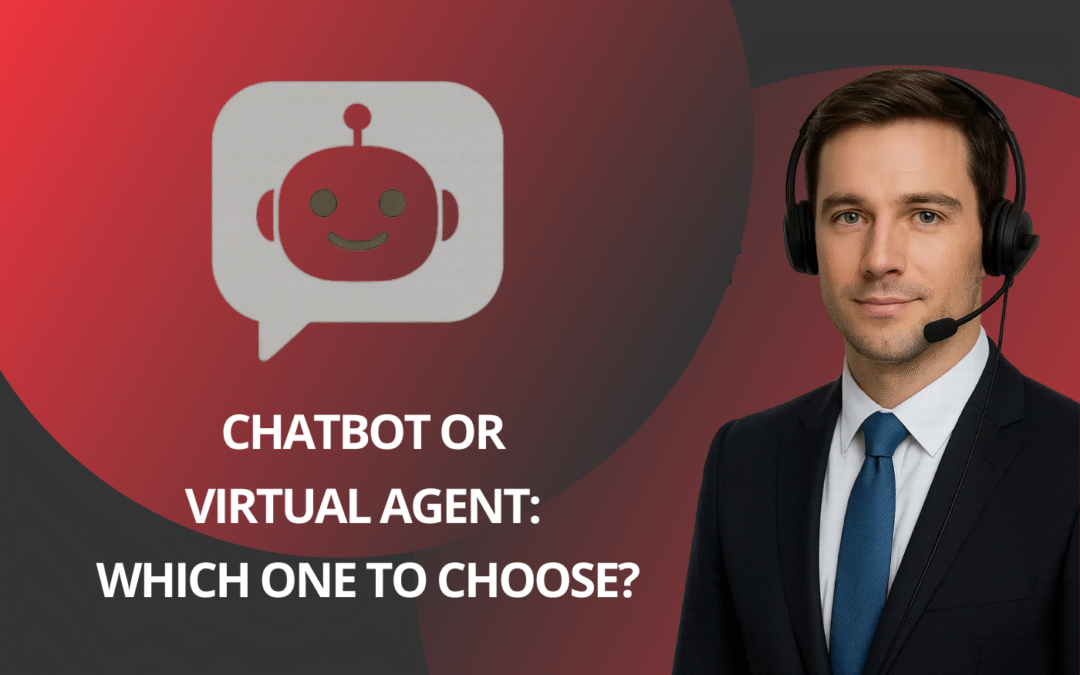The healthcare sector faces great challenges in managing patient care. No-show appointments, excessive wait times, reception overcrowding and missed calls are just some of the problems that affect clinic efficiency. Faced with this, the implementation of a virtual health assistant based on artificial intelligence (AI) is not just a trend, but an urgent need.
AI in health: Why should clinics modernize?
The digitalization of health services is not a technological whim, but a solution to real problems that affect the experience of patients and the profitability of medical centers. The implementation of AI automations in the management of appointments and customer service, it reduces human errors, improves the availability of services and optimizes the resources of healthcare personnel.
According to recent studies, more than 35% of calls to clinics and hospitals go unanswered during peak hours. This not only generates patient dissatisfaction, but can translate into economic losses. A virtual health assistant, implemented through a Voicebot o Virtual agent, you can manage these calls efficiently, scheduling appointments, answering frequently asked questions, and reducing the burden on administrative staff.
Common cases and their solution with virtual assistants
The problem of “no shows”
Let’s imagine a clinic specialized in dermatology that receives an average of 50 patients daily. However, 20% of appointments do not show up, which generates gaps in the agenda and a large loss of income equivalent to 10 missed consultations.
Solution: And chatbot Based on AI, it can send automatic reminders via WhatsApp, requesting confirmation of attendance from the patient or allowing them to easily change their appointment. This dramatically reduces the no-show rate and optimizes medical staff occupancy and improves patient satisfaction.
Saturation at reception
The administrative team at an eye clinic spends much of the day answering calls to schedule, cancel or modify appointments. This time could be used for more strategic tasks or taking care of the patient who is frequently standing behind the counter while the receptionist is constantly answering the phone.
Solution: And Voicebot With artificial intelligence, it answers patient calls, managing their request without the need for human intervention. In addition, you can answer frequently asked questions about schedules, specialties and prices, transfer calls to certain members of the clinic or manage appointments, reducing the workload of customer service staff.
Unanswered calls outside of business hours
A physical therapy center receives many calls after closing, when patients try to schedule appointments or resolve questions. This results in lost business opportunities and frustration for patients.
Solution: With a virtual health assistant, clinics can offer 24/7 care through chatbots on WhatsApp or automated voice systems. In this way, no patient is left without a response, improving the perception of the service and avoiding the loss of potential income.
AI in health: Advantages of virtual assistants
- Greater availability: Customer service is not limited to business hours, which improves accessibility for patients.
- Multiple languages: The possibility of the virtual assistant assisting the patient in their own language is perceived by patients as a source of satisfaction and a factor of loyalty.
- Cost reduction: Resources are optimized by reducing the need for personnel for repetitive tasks.
- Improved experience: Patients get fast, efficient responses without long wait times.
- Integration with other systems: Virtual assistants can connect with clinic management systems to update agendas and records in real time.
Implementation in clinics: Where to start?
The adoption of virtual assistants does not require a radical transformation or large initial investments. With services like those of Fonvirtual, clinics can implement customized solutions that fit their specific needs.
Steps for implementation:
- Needs analysis: Identify clinic pain points, such as appointment management or telephone support.
- Choosing the right solution: Determine if a chatbot, and Voicebot or a combination of both so that it is the client who chooses.
- Integration with existing systems: Ensure compatibility with management software and communication platforms such as WhatsApp.
- Monitoring and adjustments: Analyze the performance of the virtual assistant and make continuous improvements to optimize its operation.
Conclusion: AI, an ally of the health sector
The virtual assistants for clinics They have ceased to be a simple technological option and have become an essential tool in optimizing medical care. They not only solve operational problems, but also improve the patient experience, increase profitability and free healthcare personnel from repetitive tasks.
If your clinic has not yet taken the step towards digitalization, it is time to do so. Technology is here to facilitate management and ensure that each patient receives the care they deserve, without unnecessary waits or complications.









0 Comments